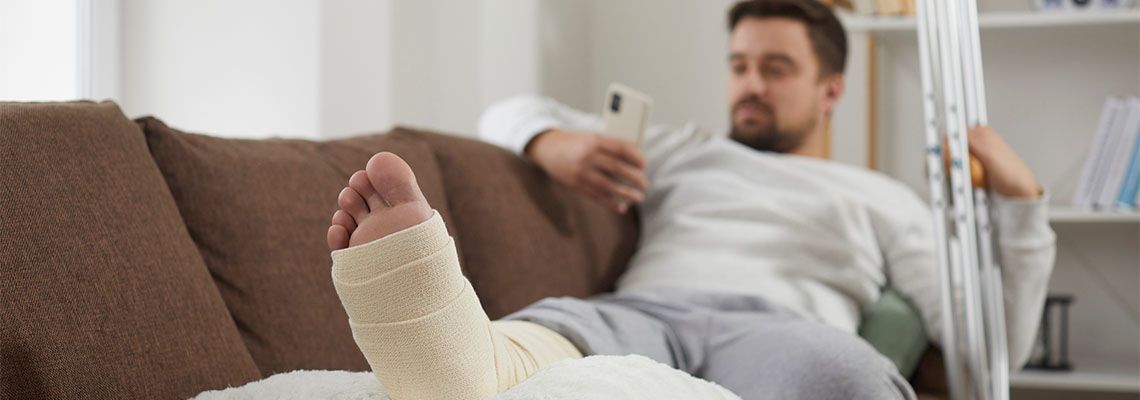
Avoid Posting on Social Media After Your Accident
When something disruptive and traumatic happens in your life, it’s only natural to want to talk to your friends and family about what you’re going through. However, in some cases, oversharing can actually lead to worse outcomes. Specifically, if you’re pursuing a personal injury claim after a car accident, you should avoid posting anything about your case on social media.
To speak with a personal injury attorney and learn more about car accidents and social media, call us at Goldberg, Goldberg & Maloney in West Chester, Pennsylvania. Set up a consultation as soon as possible.
Social Media and Your Image
Although social media has been around for a while now, many people still are not aware of (or ignore) the huge role it can play in their lives and the risks associated with social media. The images and statements you choose to include—or that other people add to your social media page—can draw a picture of the type of person you are. This information is often made easily available to nearly anyone who looks for it, from friends to potential employers to insurance adjusters.
How Social Media Can Affect Your Car Accident Case
Undoubtedly, dealing with the aftermath of a car accident that caused an injury is a stressful and overwhelming experience. However, if you’re questioning, “Should I post on social media after a car accident?” the answer is invariably no.
When you pursue an accident claim against another driver’s insurance or file a personal injury lawsuit against them, the adjuster or defense attorney representing them will seek out every piece of relevant information they can find. This includes police reports, doctor’s notes and bills, witness testimony, your own account of the incident, videos and photos, and your social media sites. They are looking for any evidence that can discredit your claim and allow them to offer a lower final settlement—and this is often done by looking at social media accounts like Facebook, Instagram, Twitter, and beyond.
For example, if you file a lawsuit saying you were so badly injured you haven’t been able to work or enjoy the same quality of life since your accident, and at the same time post a picture of yourself horseback riding with friends, the claims adjuster will try to use this against it to negate your claim.
Steps to Take to Protect Yourself
Knowing how you can protect yourself on social media after a car accident is crucial to setting yourself up for a successful claim.
Don’t make any changes to your social media account: If possible, refrain from posting anything after your accident, but you also don’t want to delete posts or photos that were there before. To an adjuster or lawyer, this could look like you’re attempting to conceal evidence.
Make your accounts private - not viewable by the public: You can archive your existing posts in case they need to be used as evidence. At the very least, switch all your accounts to the highest privacy settings.
Reach out to friends and family: Request that your friends and family don’t make any posts that include you until your case is over.
Google yourself: If you’re at all unsure about what aspects of your social media presence are available to other people, sign out of all your accounts then google your name to see what comes up. If you’re able to click on a link and see content that you or someone else posted, it’s time to double check your privacy settings.
Make Informed Decisions With Our Support
If you’re in the West Chester, Pennsylvania area and you’d like to speak with a car accident attorney about the potential conflict between social media and accident claims, reach out to us at Goldberg, Goldberg & Maloney.
